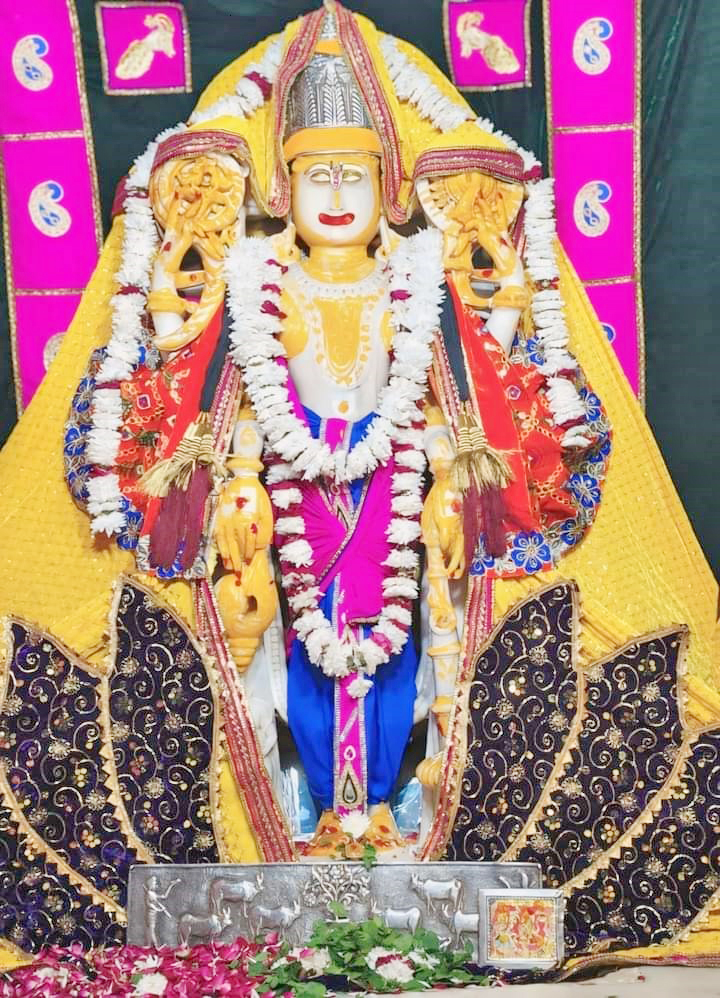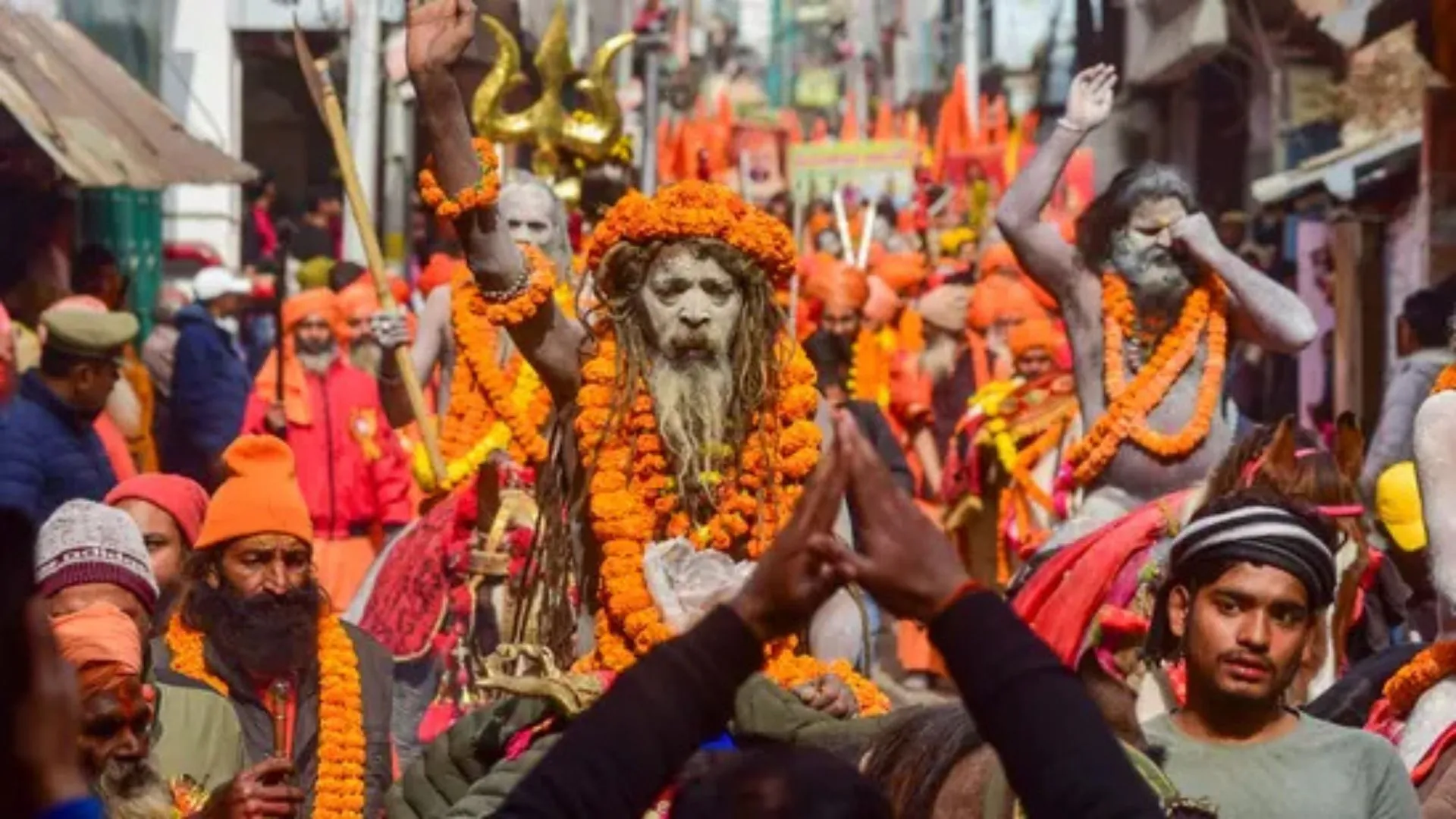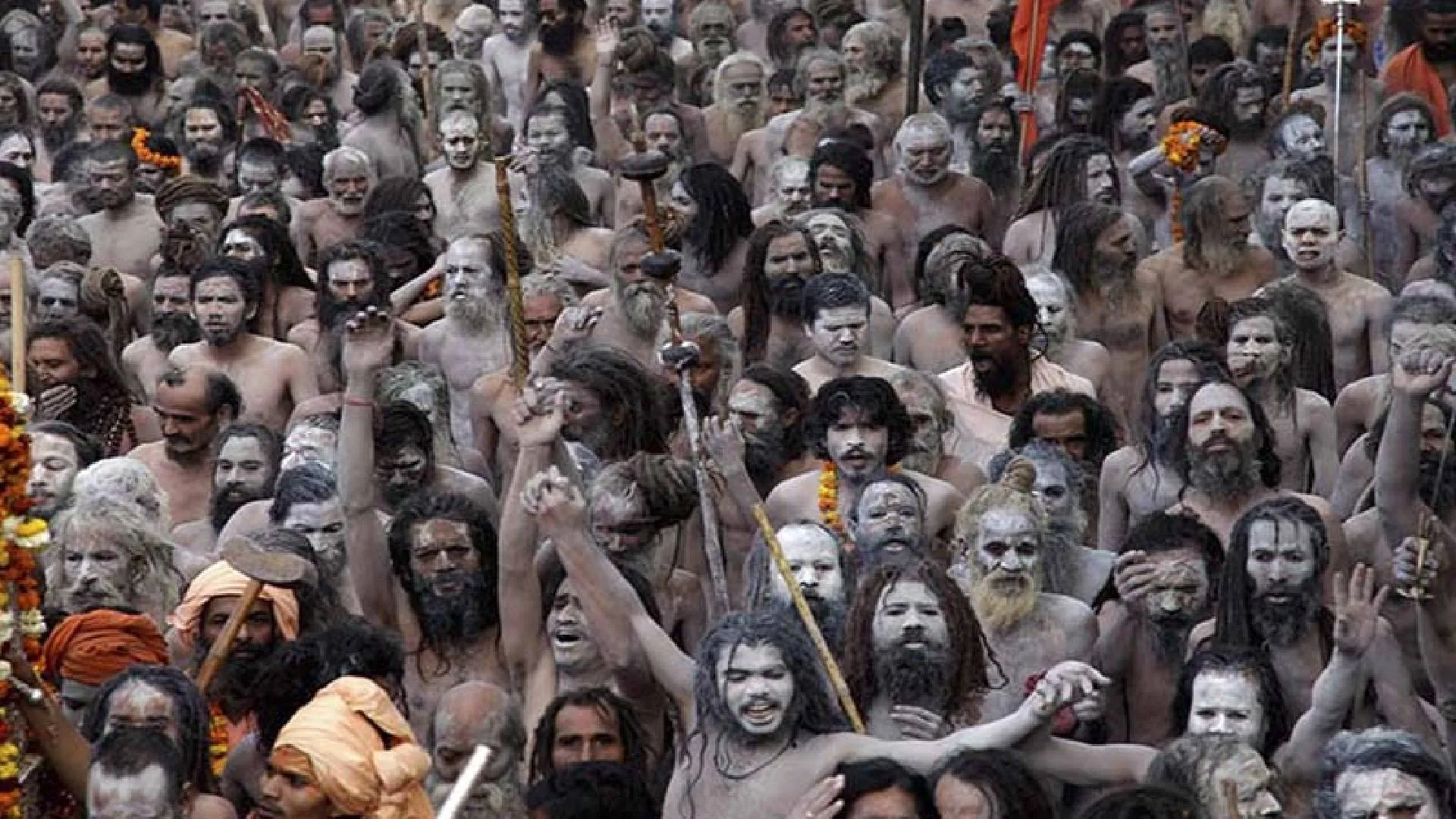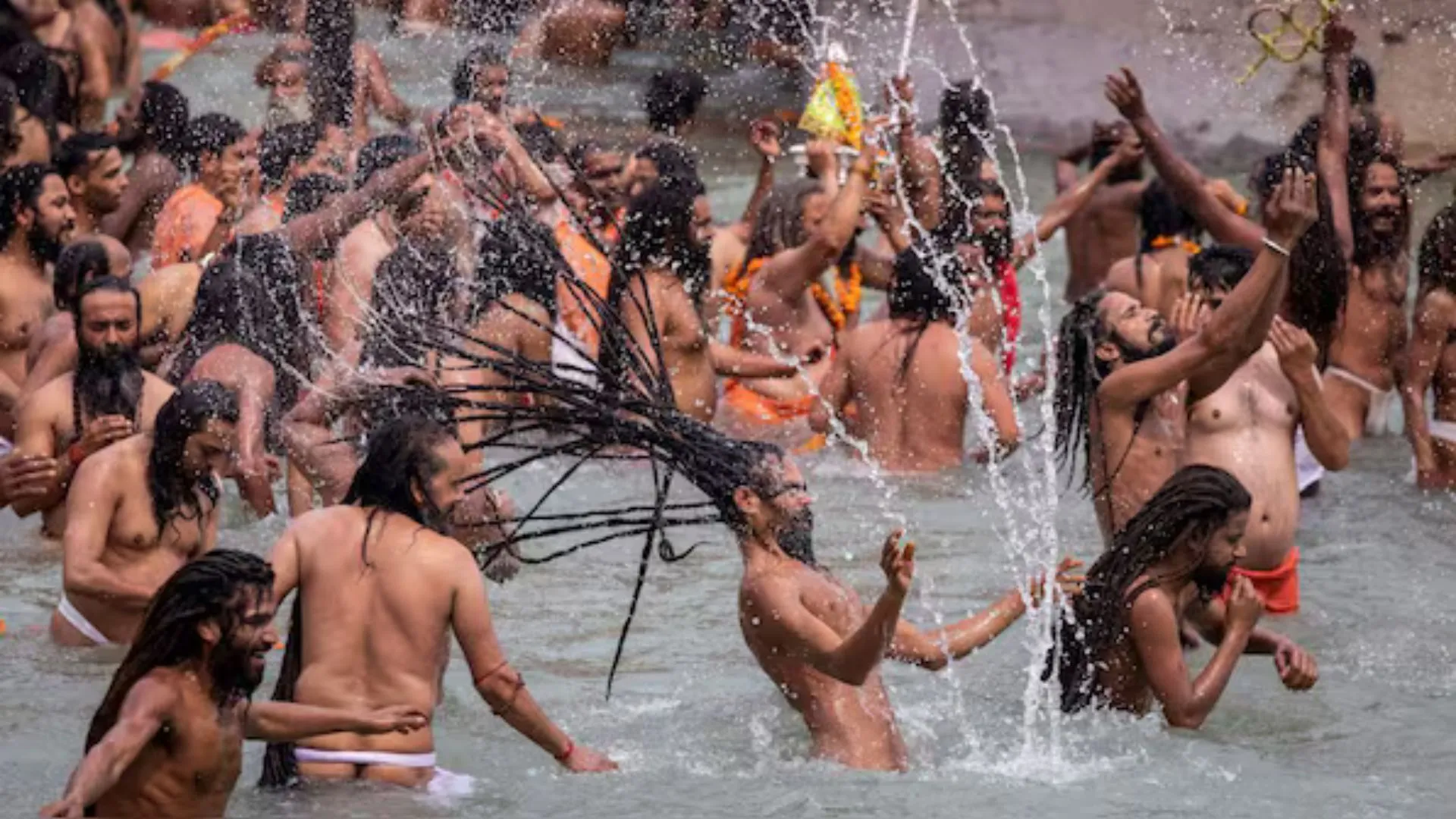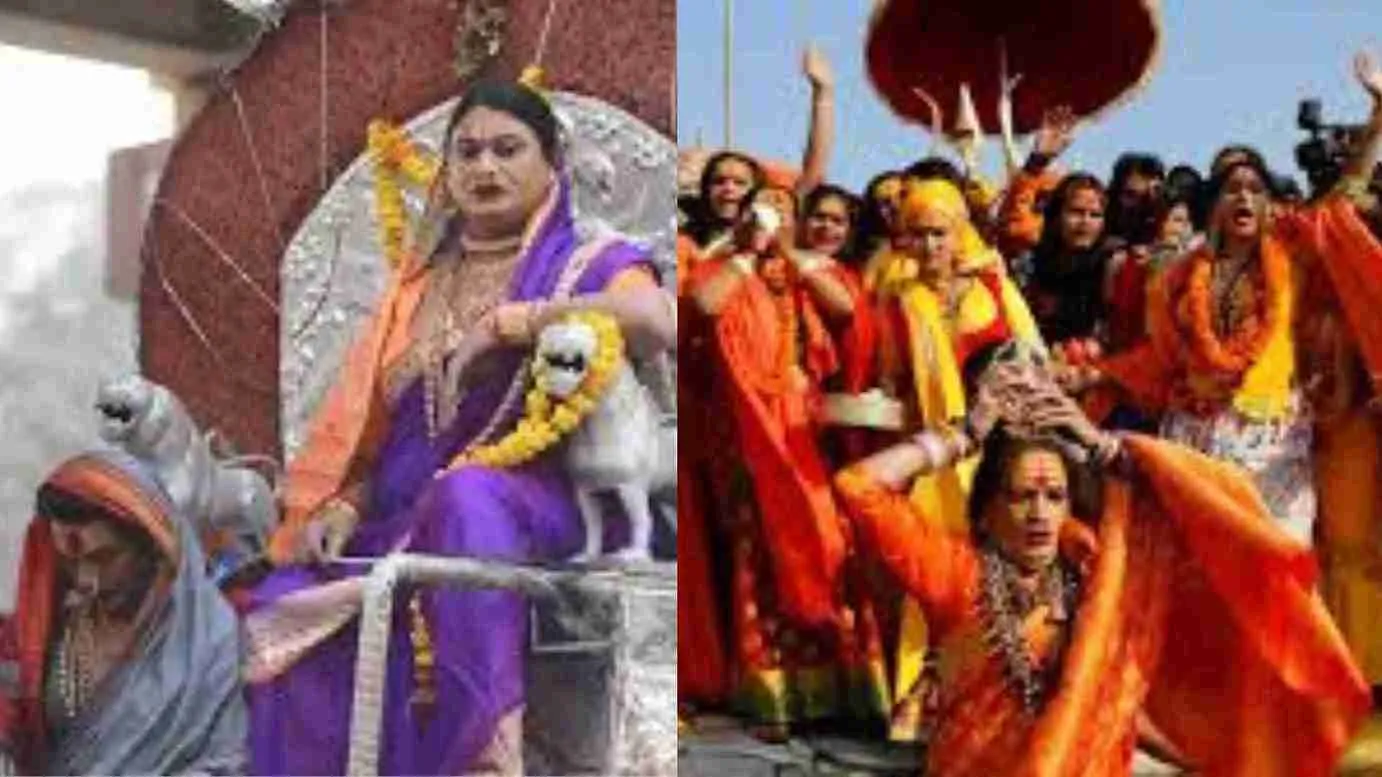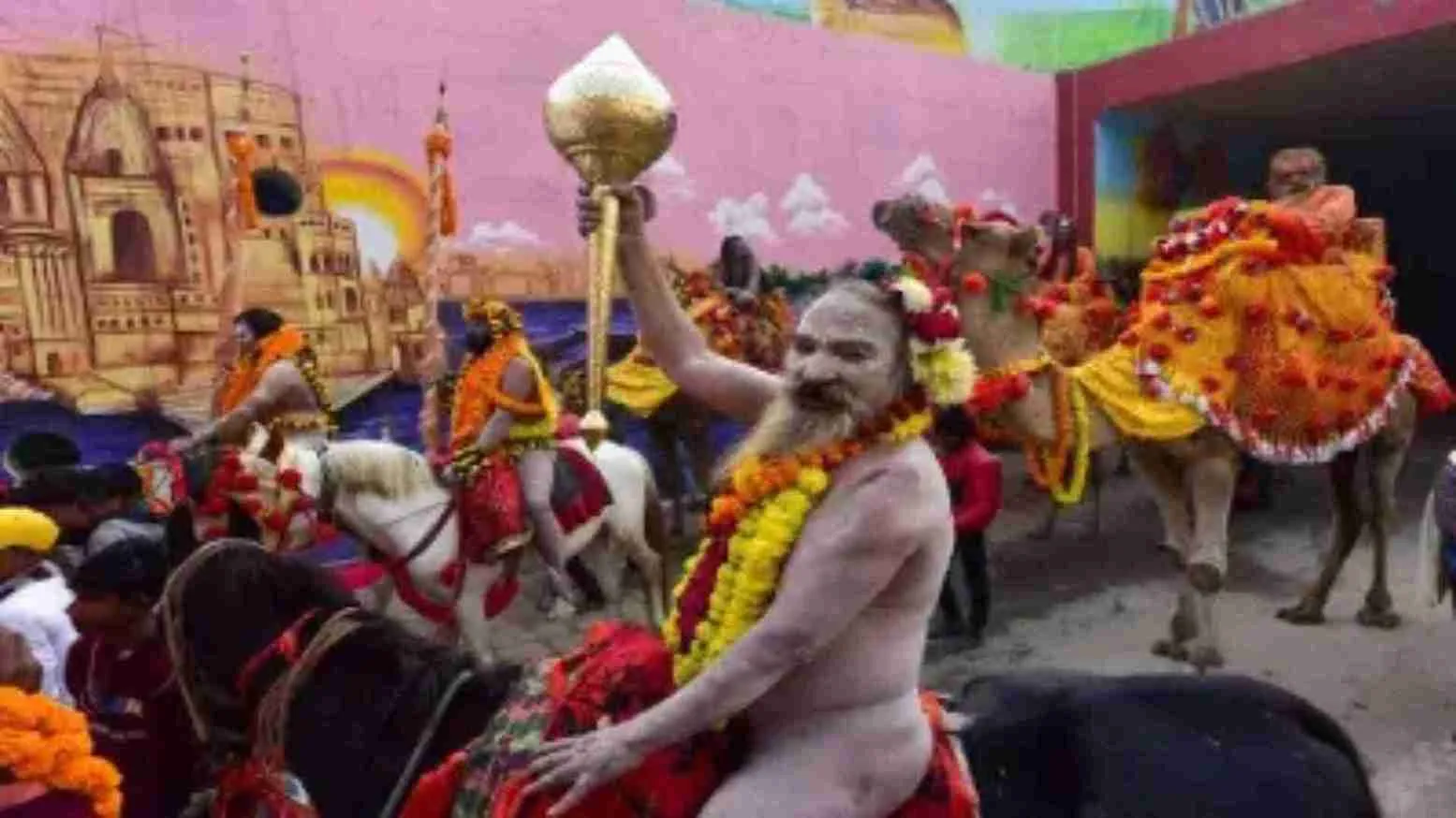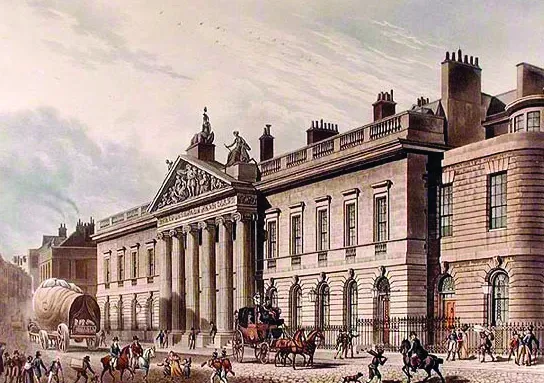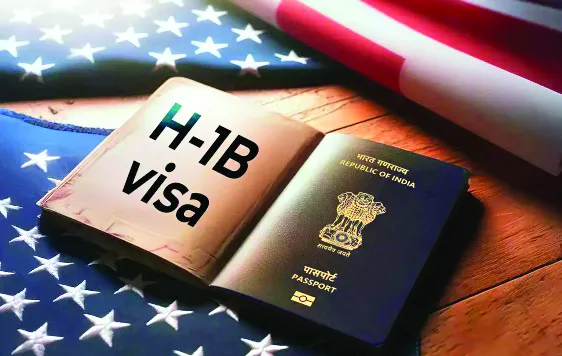The Diggi Kalyan Ji Lakkhi Padayatra is a major religious and cultural event in Rajasthan. Starting from Jaipur, this annual pilgrimage honors the deity Diggi Kalyan Ji. Participants, including devotees from various regions, join the procession covering around 200 kilometers to the town of Diggi. The Diggi Kalyan Ji Lakkhi Padayatra, a significant pilgrimage and cultural event, commenced from Jaipur, marking the start of a historic journey dedicated to the revered deity, Diggi Kalyan Ji. This grand procession, which combines devotion with community celebration, has become a central cultural event in the region, drawing thousands of participants each year.
Throughout the padayatra, participants engage in religious rituals, cultural performances, and community activities. Local folklore, music, and dance add vibrancy to the procession, which also serves to strengthen community bonds and promote local culture.
The event faces logistical challenges, including managing large crowds and ensuring safety, but these are addressed by the organizing committee with support from local authorities.
The Diggi Kalyan Ji Lakkhi Padayatra not only fosters religious devotion but also provides economic benefits to towns and villages along the route. Its continued success highlights its significance in preserving and celebrating Rajasthan’s rich cultural heritage.
The Lakkhi Padayatra is a deeply rooted tradition in Rajasthan, celebrating the spiritual and cultural heritage of the region. The journey begins from Jaipur, where the flag worship ceremony was held to mark the official start of the padayatra. This ceremony, a blend of religious rituals and community involvement, sets the tone for the journey ahead.
The primary objective of the padayatra is to honor Diggi Kalyan Ji, a revered local deity, and to reinforce community bonds through shared devotion and cultural activities. The event typically attracts devotees from various parts of Rajasthan and neighboring states, who join the procession to pay their respects and participate in the festivities.
The padayatra covers a distance of approximately 200 kilometers, traversing several towns and villages between Jaipur and the final destination in Diggi. The route is carefully planned to include key religious and cultural sites, allowing participants to engage in local traditions and rituals along the way.
Throughout the journey, the procession is accompanied by various cultural performances, including traditional music and dance. These performances not only entertain but also highlight the rich cultural heritage of Rajasthan. The inclusion of local folklore and music adds a vibrant touch to the padayatra, making it a truly immersive experience for participants.
Flag Worship Ceremony
The journey began with a solemn flag worship ceremony in Jaipur. This traditional ritual involved the hoisting of a sacred flag, symbolizing the start of the padayatra and seeking divine blessings for a successful journey.
Cultural Performances
Participants enjoyed a series of cultural performances, including folk dances and music. These performances showcased Rajasthan’s traditional art forms and provided a platform for local artists to display their talents.
Religious Rituals: Along the route, various religious rituals were conducted, including offerings and prayers at local temples and sacred sites. These rituals are an integral part of the padayatra, reinforcing the spiritual significance of the journey.
Community Engagement
The padayatra also serves as a platform for community engagement. Local residents, along with participants, come together to celebrate, share stories, and strengthen their communal ties. This aspect of the event highlights the importance of collective participation in preserving and promoting cultural traditions.
The Diggi Kalyan Ji Lakkhi Padayatra has a significant impact on local communities. The event provides an economic boost to the towns and villages along the route, as participants and visitors spend money on accommodation, food, and local crafts. This influx of visitors also helps promote local tourism and showcases the cultural richness of the region.
Moreover, the padayatra fosters a sense of unity and collective identity among participants. The shared experience of walking together, performing rituals, and celebrating cultural traditions strengthens community bonds and reinforces regional pride.
Looking ahead, the Diggi Kalyan Ji Lakkhi Padayatra is expected to continue growing in scale and significance. The event’s popularity and the positive response from participants and local communities indicate that it will remain a key cultural and religious event in Rajasthan.
Efforts to enhance the experience for participants, such as the inclusion of additional cultural activities and improved logistical arrangements, will contribute to the continued success of the padayatra. Additionally, the ongoing support from the government and local authorities will play a crucial role in ensuring the smooth conduct of future events.
The Diggi Kalyan Ji Lakkhi Padayatra, with its rich blend of religious devotion, cultural celebration, and community engagement, stands as a testament to Rajasthan’s vibrant heritage. This year’s event, marked by the lifting of the DJ ban and the continued dedication of participants and organizers, exemplifies the enduring appeal and significance of this grand tradition.
As the padayatra progresses towards its final destination, the spirit of devotion and celebration continues to inspire and unite people from all walks of life. The success of this year’s event reinforces the importance of preserving and promoting cultural traditions, ensuring that they remain a vital part of the region’s identity for generations to come.

